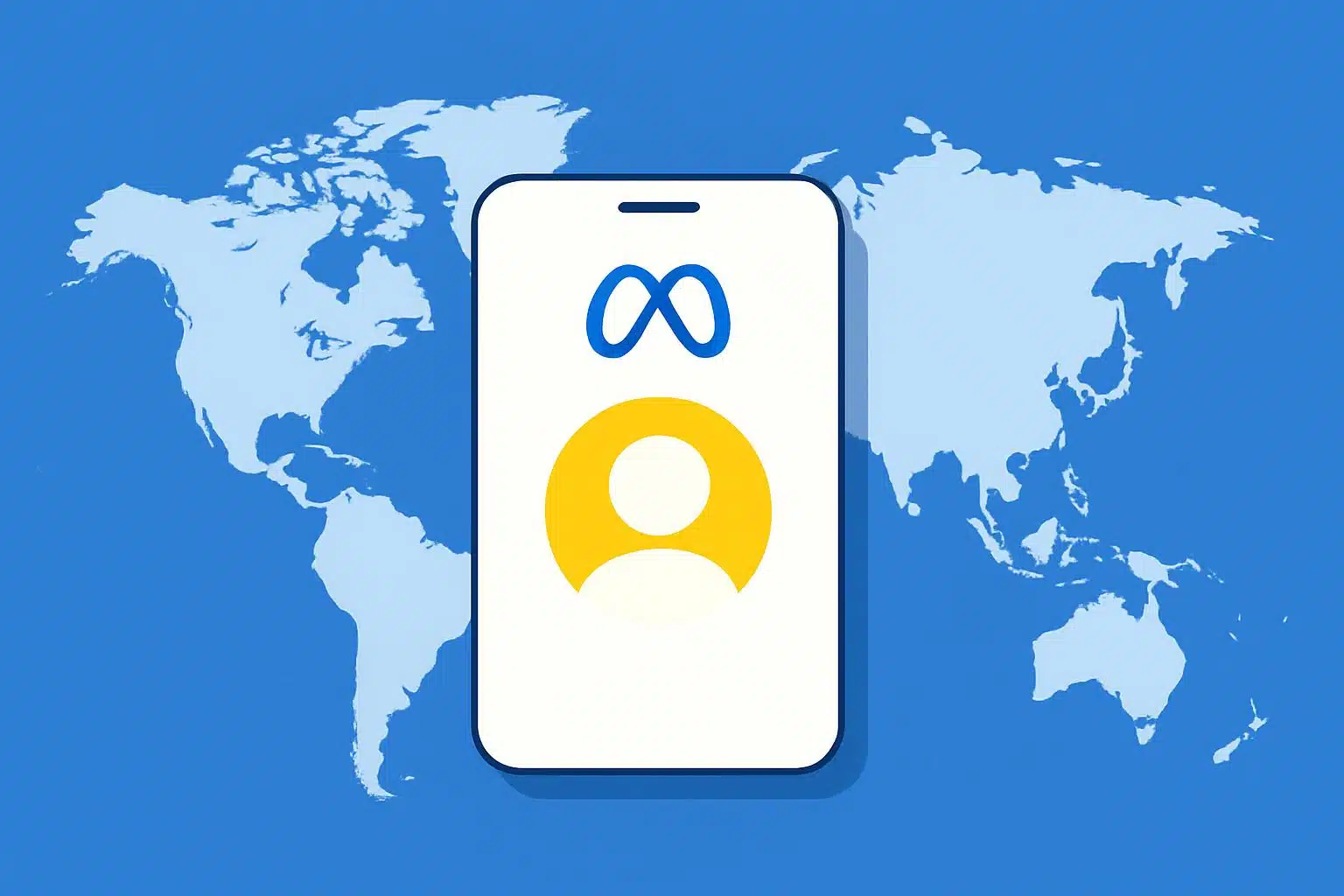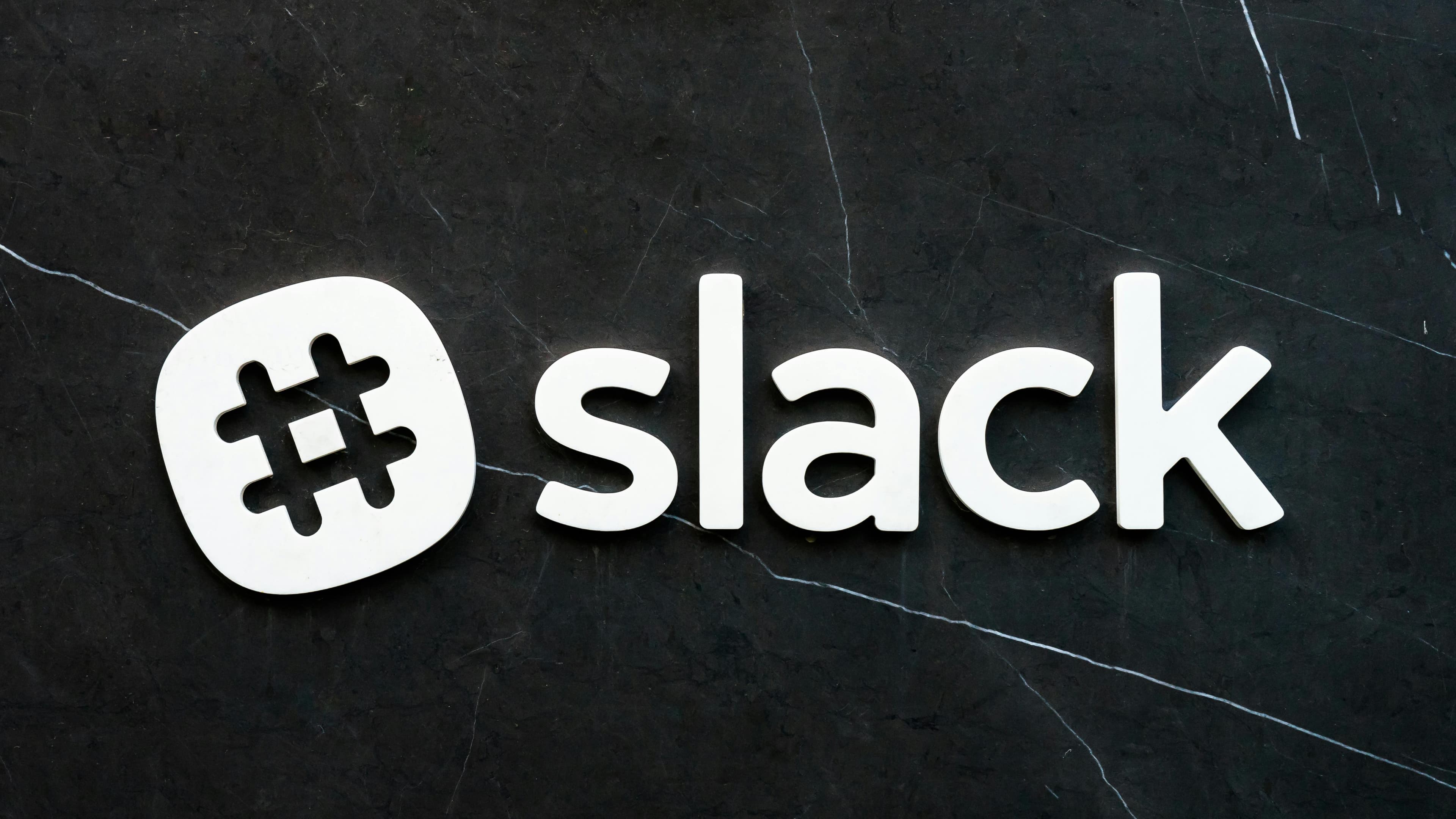Meta is rolling out Teen Accounts on Facebook and Messenger globally, bringing a safety-focused experience that was previously available in select countries and first launched on Instagram. The expansion is moving millions of teens into more aggressive defaults that aim to limit unwanted contact and exposure to sensitive content while empowering parents with greater oversight.
What Teen Accounts Adjust Automatically by Default
Teen Accounts shelter younger users from the beginning. Message requests are limited, so teens only get messages from those they follow or with whom they have had previous contact, narrowing the funnel for unsolicited communication. Stories default to friends-only. Tags, mentions, and comments are limited to friends’ or followers’ accounts, reducing the public aspect.
Meta also scales back potentially inappropriate content throughout feeds and recommendations, imposing more stringent filters for subjects that research has shown are associated with greater risks to young people.
Teens are gently nudged to step away after an hour of daily use, and are enrolled in Quiet Mode overnight that mutes notifications — subtly cramming them into healthier usage patterns rather than cutting off access entirely.
Parental Controls and Consent for Underage Users
For users under 16, key settings may only be loosened with a parent’s consent, underscoring that protections are not optional toggles. Parents get visibility and controls around some settings, while teens keep core messaging — friends, shares, updates, and group features — within somewhat tighter bounds.
The approach aligns with a broader trend known as “safety by default.” Instead of asking families to fortify spaces after the fact, Meta is establishing safe settings as the default and seeking parental permission with a signature to ease them.
Why These Safety Changes for Teens Matter Now
Global rollout means teen safety is no longer a regional pilot. More than three billion people use Facebook around the world each month, and with that kind of scale, even small tweaks to default messaging practices can have enormous effects on a large number of interactions on Messenger.
The pressure from public health and policy officials has expanded. The U.S. Surgeon General has cautioned about risks associated with young people’s use of social media, and the American Psychological Association has called on technology companies to design software that minimizes harm. In multiple states, U.S. legislators have voted on or discussed parental-consent laws for minors on social platforms — with the possibility of some provisions facing legal challenges.
Outside the U.S., the United Kingdom’s Age Appropriate Design Code and the European Union’s Digital Services Act steer companies toward tougher protections for minors, from privacy by default to constraints on sensitive profiling. Teen Accounts from Meta are a step in the right direction for aligning Facebook and Messenger with those expectations.
Instagram Origins and the School Partnership Program
Teen Accounts debuted on Instagram before expanding to Facebook and Messenger. That staged rollout let Meta test the combination of default limits, time-use nudges, and parental controls, as well as calibrate enforcement against any bad actors who attempt to reach minors.
Meta is also formalizing a School Partnership Program for Instagram, which will allow educators to flag safety issues like bullying for faster review. Joining U.S. middle and high schools get priority treatment and resources, and a distinguishing badge on their profiles. Though it operates independently of Facebook and Messenger, the project could complement the Teen Accounts model by closing the feedback loop between schools and the platform.
Analysis and What to Watch as Rollout Expands
Safety organizations and researchers will be looking to see what impact, if any, the new defaults make in curtailing exposure to harmful content and unsolicited contact. Research by a former insider recently claimed that teens can still encounter self-harm and sexualized content despite safeguards. Meta disagrees with those conclusions and highlights internal data showing that teens are exposed to less of this material.
Independent experts frequently push for evidence beyond policy announcements — metrics such as drops in requests to send messages from unknown adults and friend requests that violate policy, decreases in viewing of flagged content, and positive teen time-management measures. Significant transparency on these metrics would aid in the determination of real-world impact.
Enforcement Challenges at Global Scale for Meta
Expanding teen protections worldwide presents practical challenges: how to reliably verify ages, comply with varying national rules, and fend off efforts to evade controls. Meta has made investments in age-detection signals that are not based on self-reporting, and regulators in various places have called for platforms to beef up age verification mechanisms while respecting user privacy.
If the company follows through with consistently enforcing these new defaults — and sharing data on how well it’s working — Teen Accounts on Facebook, as well as Messenger, could serve as a benchmark for baseline protections across social media. What the result will be is going to depend on how sturdy the guardrails prove to be, in the face of the scale and ingenuity of actual use.







